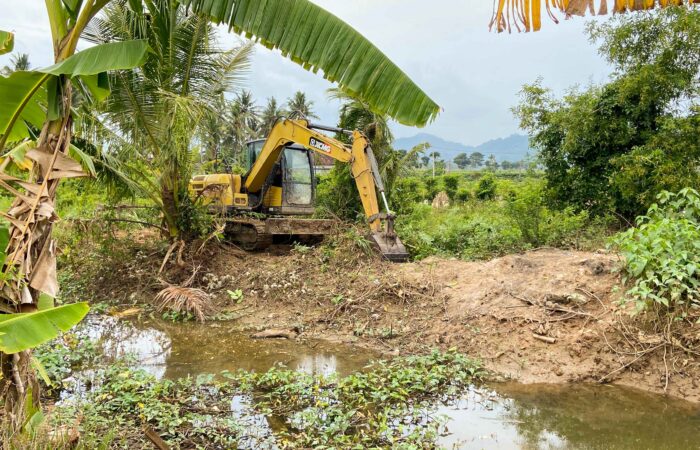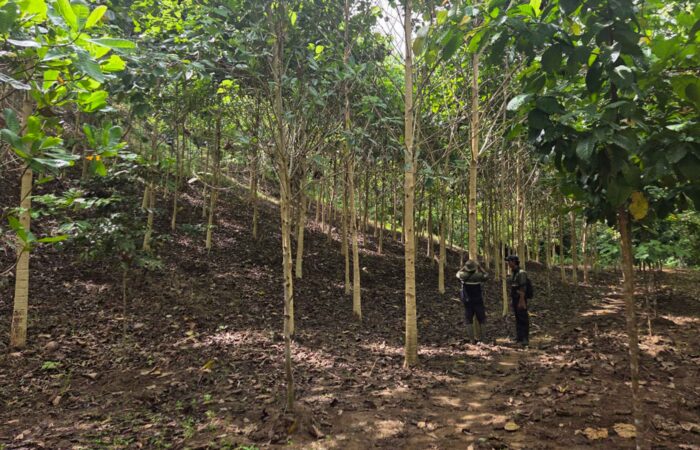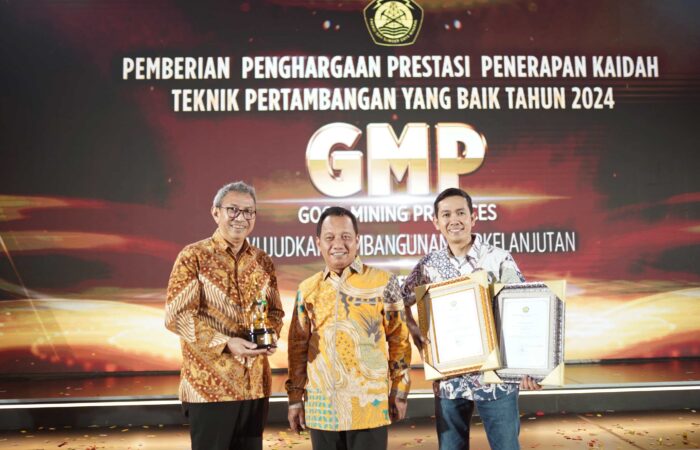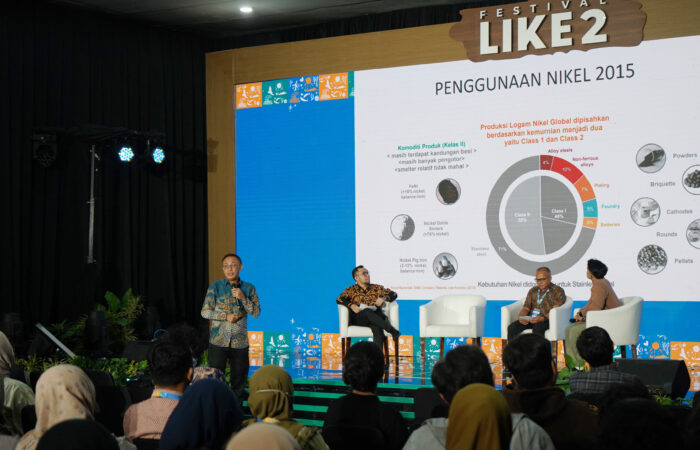

Merdeka recognizes that climate change poses significant risks to our operations, particularly through extreme weather events such as tropical storms, floods, and droughts. Therefore, we have developed net zero roadmap and an action plan for carbon emission reduction and transitioning to low-carbon energy. We use advanced platforms to measure and report GHG emissions, ensuring compliance with international standards. GHG emissions from fuel and electricity usage are closely monitored to minimize environmental impact.
In line with its Climate Change Policy, Merdeka is committed to implementing GHG reduction initiatives that include energy innovation, efficiency improvements, and participation in carbon offsetting programs.
Merdeka implements governance practices, engagement, and disclosure to ensure that climate change risks and opportunities are integrated into business decision-making. Additionally, Merdeka encourages suppliers to adopt a life cycle perspective to reduce carbon footprints across the supply chain. The implementation of risk and opportunity management, governance development, strategic planning, and climate change reporting in alignment with the guidelines of the Task Force on Climate-related Financial Disclosures (TCFD).
Our risk assessments, based on TCFD guidelines, include evaluating the transition risks towards a low-carbon economy and physical risks due to changing weather patterns, such as rainfall variability, increased storm frequency, sea-level rise, and higher temperatures, all of which could potentially disrupt operations.
Merdeka’s climate-related risk and opportunity governance is overseen by the Board of Directors, with the Sustainability Committee monitoring performance and progress towards net-zero emissions. The Vice President Director and Executive VP of Sustainability play key roles in managing climate risks and implementing related strategies.
Merdeka contributes to global decarbonization through nickel production for electric vehicle batteries, solidifying our position in the strategic mineral supply chain.
In terms of air quality, we are also committed to air quality management, ensuring that our Air Emissions Policy complies with regulations and adopts technologies to mitigate the negative impact of air emissions on the environment and health of our employees.
For more on our climate change performance, read our 2023 Sustainability Report, pages 66–86.



